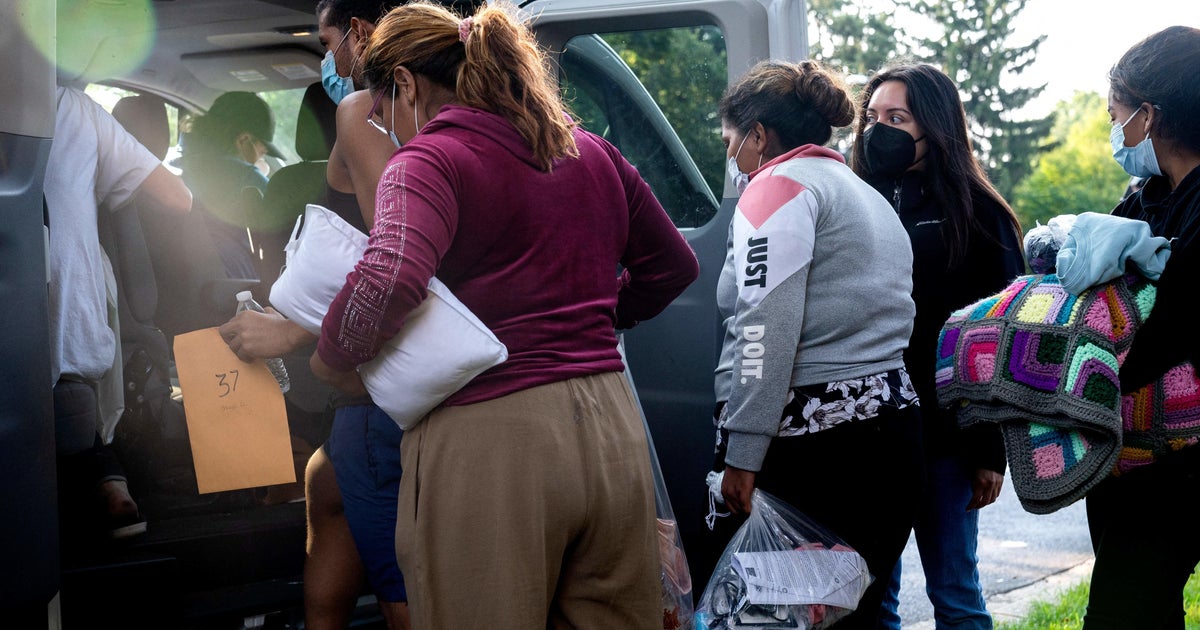
The facts behind the Republican effort to send migrants to Democratic-led cities
CBSN
The intensifying Republican-led efforts to protest President Biden's policies along the southern border by transporting migrants to Democratic-controlled jurisdictions like Martha's Vineyard and Washington, D.C., have reignited a decades-old, divisive debate over U.S. immigration policy.
The Biden administration, Democrats and advocates have called the transportation tactic a dehumanizing political stunt, accusing Republican-led states of using desperate asylum-seekers as props. Republican governors in Texas, Florida and Arizona have argued their efforts force Democratic cities to share the burden of accommodating migrants, which they say has fallen mostly on communities in their states.
Beyond the political back-and-forth, the busing and flying of migrants to locations selected by Republican officials has also raised questions about current border policies, who the people being transported are, what their legal status is, why they're in the U.S., what their futures hold and whether the states' actions are legal.
